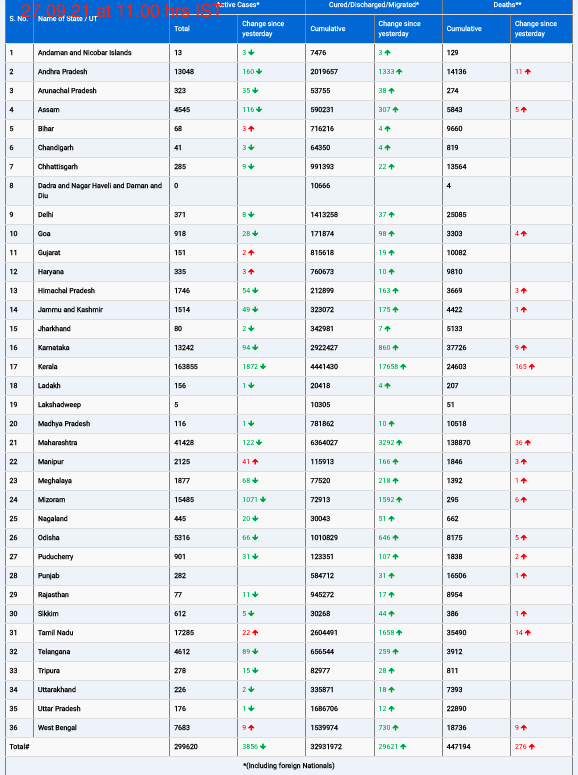February 10, 2024
In a significant stride towards understanding and combating Lassa fever, an international team of scientists has pinpointed genetic factors that influence the severity of the infection caused by the Lassa virus. Published in the esteemed journal Nature Microbiology, the study sheds light on the complex interplay between human genetics and viral pathogens, offering crucial insights that could pave the way for improved treatments and surveillance strategies.
Endemic in West Africa, Lassa fever poses a formidable public health challenge, ranging from mild symptoms in some individuals to life-threatening complications in others. The virus manifests with symptoms including fever, sore throat, coughing, and vomiting, with the potential for rapid progression to organ failure in severe cases.
Researchers from Harvard University in the US and Redeemer’s University in Nigeria collaborated on the study, analyzing the genomes of approximately 500 individuals who had contracted Lassa fever and nearly 2,000 who had not.
Key findings from the study include the identification of two human genetic factors associated with severe Lassa fever outcomes, as well as a set of variants in the LARGE1 gene linked to reduced susceptibility to the disease. These genetic insights provide valuable clues into the underlying mechanisms driving disease severity and susceptibility.
“Our study lays the foundation for better understanding the genetic basis of Lassa fever and opens avenues for the development of targeted treatments,” remarked a researcher from Harvard University.
By employing advanced genomic techniques, the team uncovered genomic regions associated with Lassa fatality, including the LIF1 gene, which encodes an immune-signaling molecule, and the GRM7 gene, implicated in central nervous system function. These discoveries offer new avenues for therapeutic interventions and highlight the potential of precision medicine approaches in combating infectious diseases.
However, the researchers emphasized the need for enhanced diagnostic capabilities and healthcare infrastructure in affected regions to improve disease detection and treatment. Collaborative efforts between countries and investment in African population genetics are crucial for addressing the multifaceted challenges posed by infectious diseases like Lassa fever and Ebola.
As the scientific community rallies to expand pathogen surveillance and bolster research efforts in Africa, the study underscores the importance of global collaboration and scientific innovation in combating emerging health threats and safeguarding public health worldwide.












